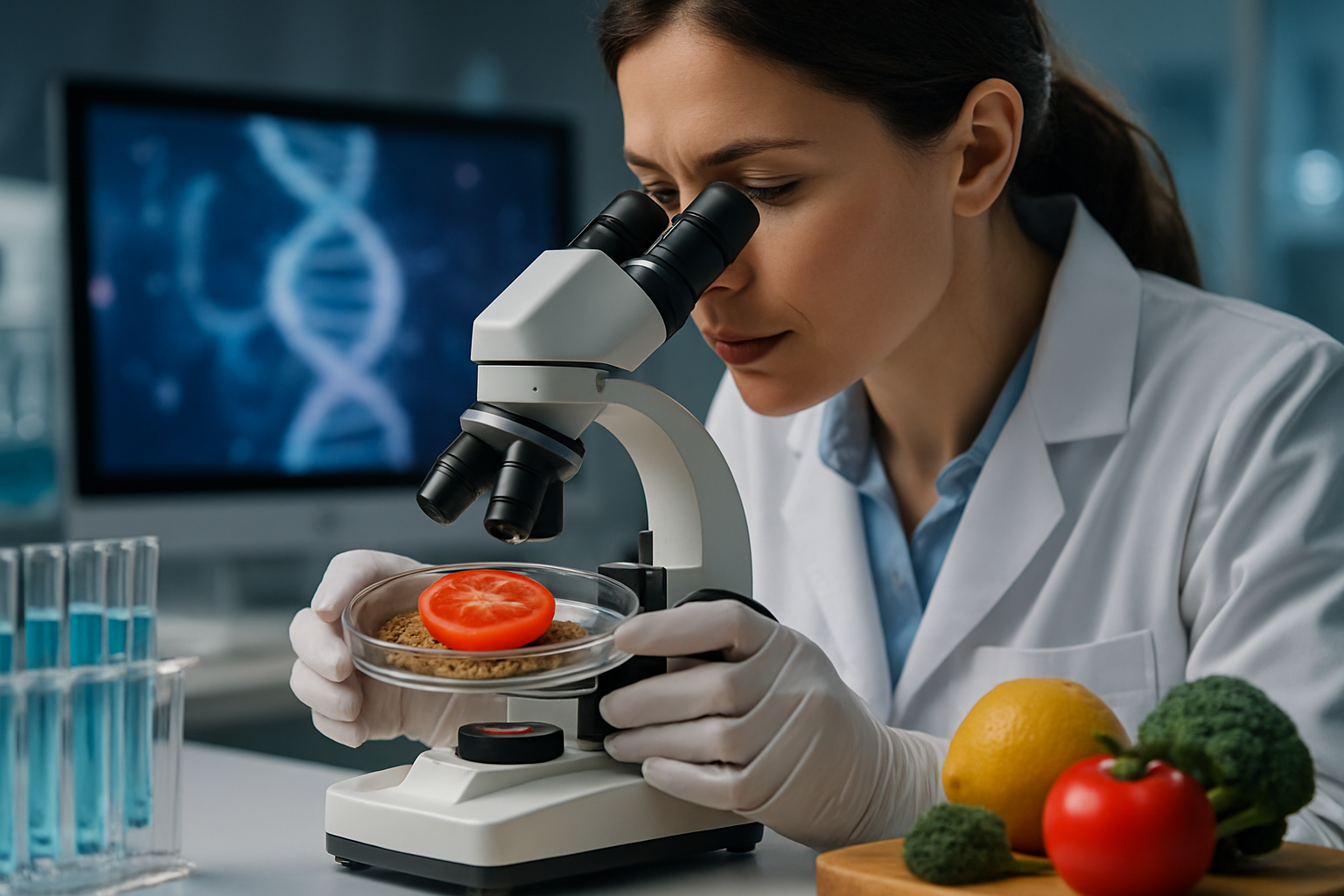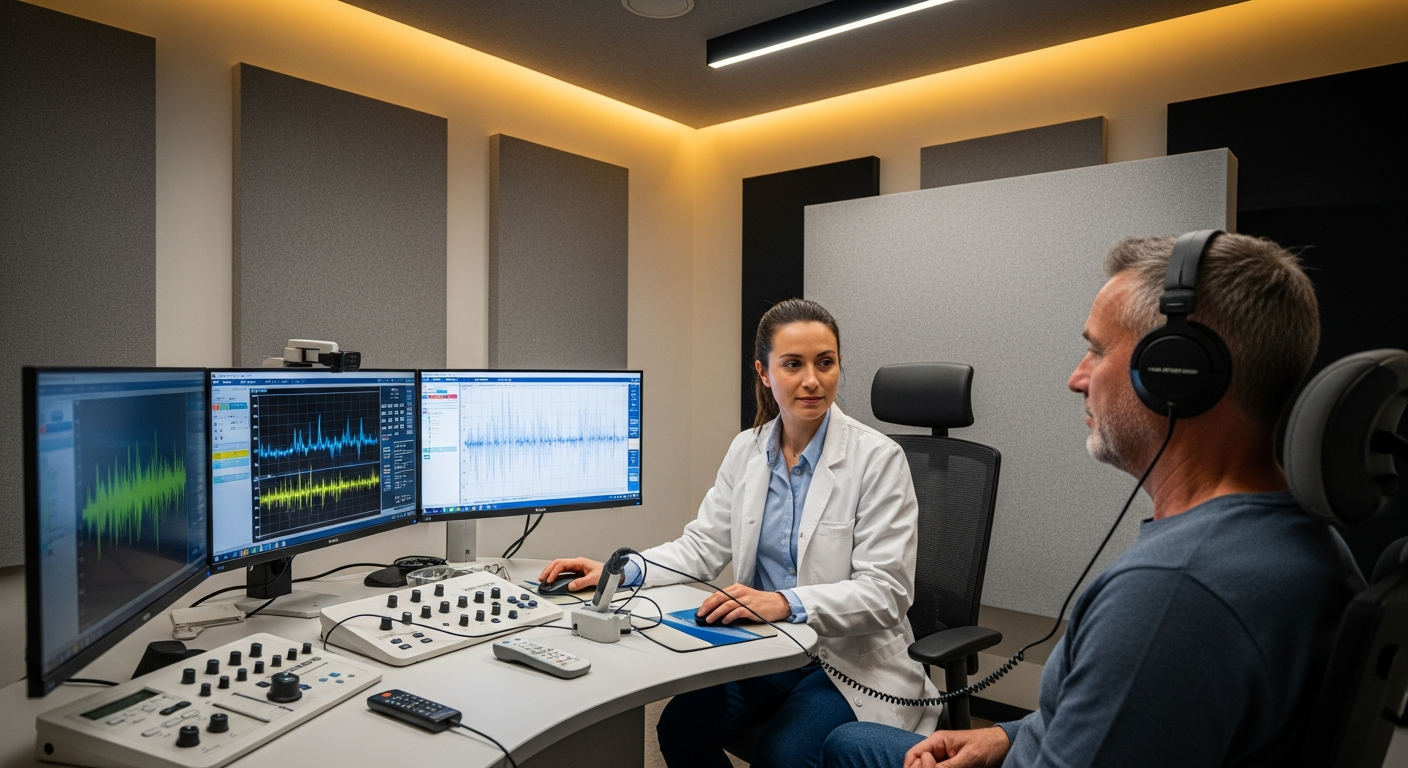Riboflavin: The Unsung Hero of Cellular Energy
Riboflavin, also known as vitamin B2, is a crucial yet often overlooked nutrient in the realm of human health. This water-soluble vitamin plays a pivotal role in cellular energy production, acting as a precursor for flavin adenine dinucleotide (FAD) and flavin mononucleotide (FMN), two essential coenzymes in metabolic processes. Despite its importance, riboflavin rarely receives the same attention as its more famous vitamin counterparts. This article delves into the fascinating world of riboflavin, exploring its discovery, functions, and potential therapeutic applications that extend far beyond its traditional role in energy metabolism.

Riboflavin’s Role in Cellular Energy Production
At the molecular level, riboflavin’s primary function is as a precursor to FAD and FMN. These coenzymes are essential for the electron transport chain, a series of redox reactions that occur in mitochondria to produce ATP, the energy currency of cells. FAD and FMN act as electron carriers, facilitating the transfer of electrons from one molecule to another in this complex process. This role makes riboflavin indispensable for energy production in virtually every cell of the body.
Beyond Energy: Riboflavin’s Other Biological Functions
While riboflavin’s role in energy metabolism is well-established, recent research has uncovered a myriad of other functions for this versatile vitamin. Riboflavin is involved in the metabolism of other B vitamins, particularly the conversion of vitamin B6 to its active form and the regeneration of niacin from tryptophan. It also plays a crucial role in the body’s antioxidant defense system, particularly in the glutathione redox cycle, which helps protect cells from oxidative stress and damage.
Riboflavin Deficiency: A Hidden Health Concern
Despite its importance, riboflavin deficiency is often overlooked in clinical settings. Mild deficiency can manifest as inflammation of the mouth and tongue, skin disorders, and anemia. More severe deficiency can lead to neurological problems, including peripheral neuropathy and impaired cognitive function. Certain populations are at higher risk for riboflavin deficiency, including the elderly, individuals with chronic alcoholism, and those following restrictive diets. Interestingly, some studies suggest that subclinical riboflavin deficiency may be more common than previously thought, particularly in developed countries where fortification practices have changed over time.
Therapeutic Potential of Riboflavin Supplementation
Emerging research suggests that riboflavin supplementation may have therapeutic potential beyond simply correcting deficiency. One area of particular interest is in the treatment of migraines. Several studies have shown that high-dose riboflavin supplementation can reduce the frequency and severity of migraines in some individuals. The mechanism behind this effect is not fully understood but may be related to riboflavin’s role in mitochondrial function and energy metabolism in brain cells.
Riboflavin and Genetic Disorders
Recent advancements in genetics have revealed a group of rare disorders known as riboflavin transporter deficiency syndromes. These conditions are caused by mutations in genes responsible for riboflavin transport, leading to impaired cellular uptake of the vitamin. Symptoms can include progressive neurological deterioration, hearing loss, and vision problems. Remarkably, high-dose riboflavin supplementation has shown promise in treating these disorders, potentially slowing or even reversing some symptoms. This discovery has opened up new avenues for research into personalized nutrition and the role of vitamins in genetic disorders.
The Intersection of Riboflavin and Gut Health
The relationship between riboflavin and gut health is an emerging area of research with intriguing implications. Riboflavin plays a role in maintaining the integrity of the gut lining and may influence the composition of the gut microbiome. Some studies suggest that riboflavin supplementation could have beneficial effects on inflammatory bowel diseases, potentially by modulating the gut microbiota and reducing oxidative stress in the intestinal mucosa. This link between riboflavin and gut health underscores the complex interplay between nutrition, microbiome, and overall health.
Riboflavin in Food Fortification and Supplementation
Given its importance and the potential for subclinical deficiency, riboflavin has long been included in food fortification programs. Many countries fortify staple foods like bread and cereals with riboflavin and other B vitamins. However, the effectiveness of these programs and the optimal levels of fortification are subjects of ongoing debate. In the realm of supplements, riboflavin is typically included in multivitamin formulations and B-complex supplements. The emergence of new potential therapeutic applications has also led to the development of high-dose riboflavin supplements, though their use should be under medical supervision.
Future Directions in Riboflavin Research
As our understanding of riboflavin’s diverse roles in human health continues to expand, several exciting areas of research are emerging. One is the potential use of riboflavin as a photosensitizer in photodynamic therapy for cancer treatment. Another is the investigation of riboflavin’s role in epigenetic regulation, as some studies suggest it may influence DNA methylation patterns. Additionally, the interaction between riboflavin status and the efficacy of certain medications, particularly those used in psychiatric and neurological conditions, is an area ripe for further exploration.
In conclusion, riboflavin, once viewed primarily through the lens of its role in energy metabolism, is revealing itself to be a multifaceted nutrient with far-reaching implications for human health. From its potential in treating genetic disorders to its role in gut health and beyond, riboflavin exemplifies how even well-known nutrients can hold surprises and new possibilities. As research continues to unfold, it’s clear that this unassuming yellow vitamin deserves its place in the spotlight of nutritional science.




